BC student shares personal experience with criminal justice reform at annual conference
December 8, 2017
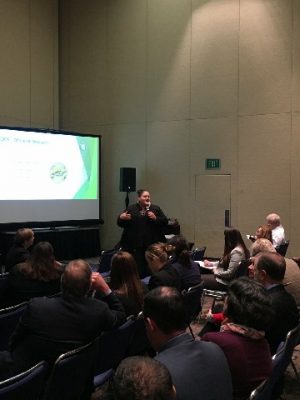
Tara Hunt at CSACs 123rd Annual Conference speaking to audience about criminal justice reform policies
Tara Hunt, a Bakersfield College student and a field representative aid for Supervisor Leticia Perez from the 5th District in Kern County, attended the California State Association of Counties (CSAC) 123rd Annual Conference on Nov. 29 at the Sacramento Convention Center to talk about criminal justice reform policies like AB109 and Prop. 47.
Hunt traveled to Sacramento to speak about how criminal justice reform policies like AB109 and Prop. 47 helped her and others who were or are currently incarcerated. Both policies reduce felonies to misdemeanors for certain theft and drug possession offenses and authorized those who are serving sentences considered felony offences to be reduced to misdemeanors. They are also designed to decrease the overcrowded conditions in California’s prisons.
Hunt also shared her own story at the conference about her difficulty in finding work because of her criminal record and how eventually she found employment. She spoke about how she had learned some valuable skill sets in prison though the benefits of AB109 and Prop. 47 and how this would eventually lead to an internship opportunity to work for Perez, which was facilitated through the Mexican American Opportunity Foundation (MAOF).
Her ability to land a job with Perez was based on one of those trade-offs that works in the bill for prison inmates. It’s something that Hunt likes. She feels that the educational opportunities and skill sets that are taught in the prisons equip people for a chance to lead productive lives once they leave.
Although they provide a lot of help and hope for former inmates, there’s some work that could be done to help educate the public about employing those who have been previously incarcerated, according to Hunt.
Beyond the prison walls, there exist barriers that prevent many from moving forward. Often the reality is not the employment they had hoped for, but homelessness and joblessness, even though they are qualified to fill positions in the awaiting job market, according to Hunt. As a result, recidivism is hard to avoid when a person is trying to survive, according to Hunt.
As much as the state has created programs that work, Hunt would like to see further progress in the area of education and support from the community for the programs that offer hope to those who are incarcerated. Although there are programs designed to decrease recidivism through education, there isn’t a system that matches that on the outside that would make broad employment facilitation a reality. Even the programs that do exist, the public knows so little about. She feels that if the public, parole officers, employers knew about programs like MAOF existed to help facilitate employment it would create opportunities for change by leading to employment offers. It might change how previously incarcerated people are stigmatized which can reduce recidivism that perpetuates an endless prison cycle. It might also provide opportunity for dialogue as well.
“Just because I’ve been in prison doesn’t make me a bad person, this applies to others. We just need to find hope and redemption,” Hunt said.
Although Hunt believes that many people in the prison system have potential and lack support, she’s hopeful. She hopes people that don’t know what the struggle is like will take the opportunity to learn more about these people who are trying to turn their lives around, and ask themselves how they might be able to provide a solution to decrease recidivism through employment opportunities.





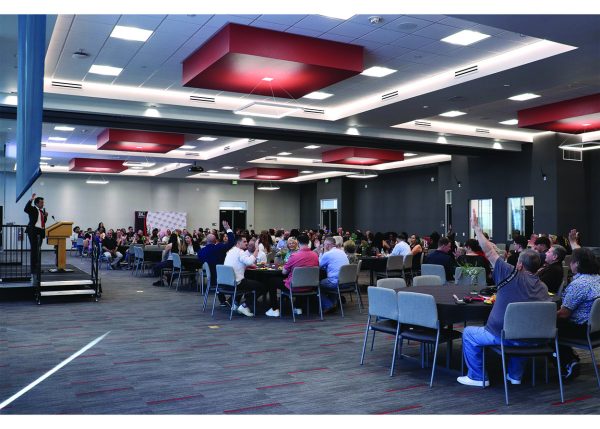

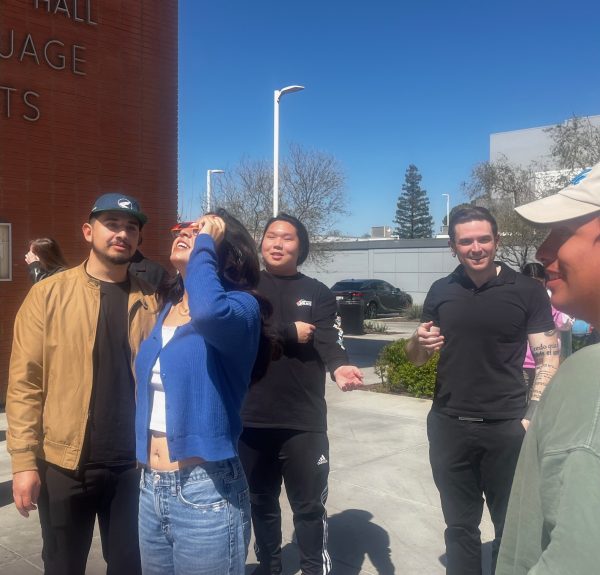
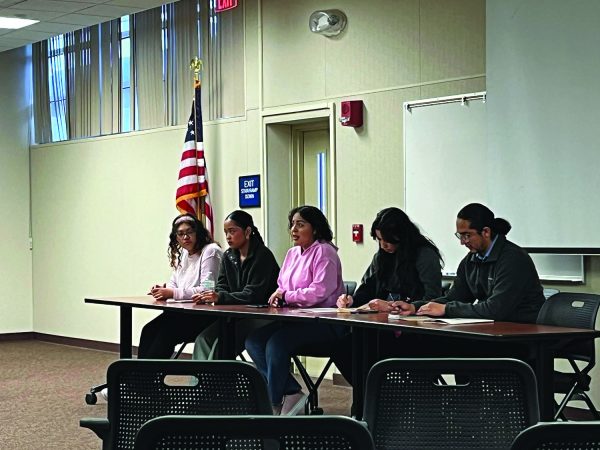
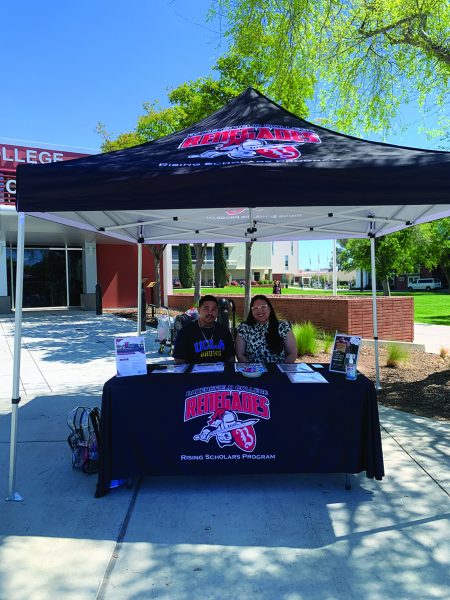
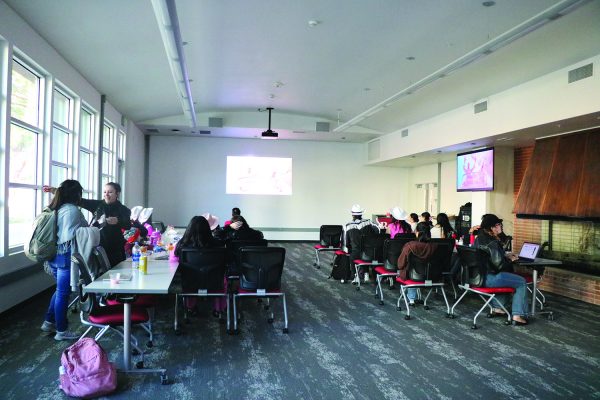
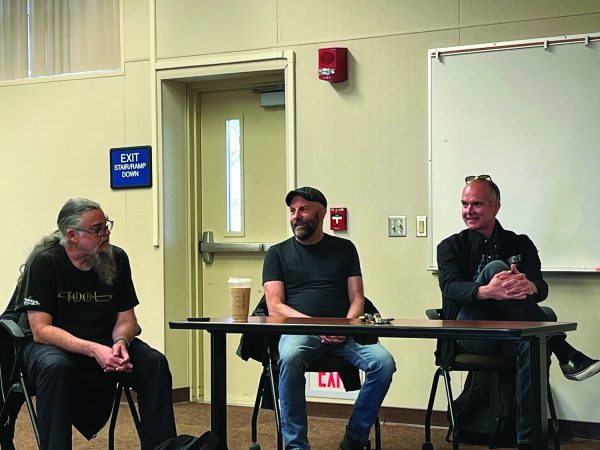

Lee • Dec 9, 2017 at 4:55 pm
Would you mind posting a copy of your rap sheet? I’m interested to see what vios put you in “prison” as opposed to “jail.”